
Construction of Nam Thuy Village Cultural House, Quang Thuy Commune, Ba Don Town (Quang Binh) under the supervision of the Commune Community Investment Supervision Board.
From theory to vivid practice, this viewpoint has become an important solution to enhance the Party's leadership, governing and fighting capacity, promote the people's mastery, and unleash the source of strength to build and develop the country.
Lesson 1: Clearly define the direction and persistently perfect the policy
The process of developing theoretical thinking and perfecting guidelines and policies on promoting people's mastery is the political and legal basis for Party committees and authorities at all levels to be proactive and creative in implementing and putting resolutions into practice. From guidelines and policies to policies and laws, all aim to promote the role of the people in monitoring, social criticism and implementing democracy at the grassroots level.
President Ho Chi Minh, the founder and trainer of our Party, always promoted the role and power of the people, believed in the ability and strength of the people. He advocated: "Everything must be studied and discussed with the people, explained to the people"; "Trust in the people. Bring all issues to the people for discussion and find solutions" and "Based on the people's opinions to reform our cadres and organizations".
Consistent, consistent perspective
The Platform for National Construction in the Transitional Period to Socialism (1991) clearly states: “The Party leads the political system and is also a part of that system. The Party is closely connected to the people, is subject to the people’s supervision, and operates within the framework of the Constitution and the law.” Since then, the documents of the Party Congresses have affirmed: The Party is closely connected to the people, is subject to the people’s supervision, respects and promotes the people’s right to mastery, and relies on the people to build the Party. The documents of the 13th Congress require: Effectively and substantially organize the people’s participation in monitoring and evaluating the effectiveness of the activities of organizations in the political system; the qualities and capacities of the contingent of cadres and Party members.
The Party Charter adopted at the 7th Congress stipulates: “The Party is closely attached to the people, respects the people's right to mastery and is subject to the people's supervision, unites and leads the people to carry out the revolutionary cause”. The Party Charter adopted at the 8th, 9th, 10th, and 11th Congresses and is currently in effect all state: “The Communist Party of Vietnam is the ruling party, respects and promotes the people's right to mastery, is subject to the people's supervision; relies on the people to build the Party; unites and leads the people to carry out the revolutionary cause”.
The Platform for National Construction in the Transitional Period to Socialism (supplemented and developed in 2011) emphasizes: “Building a socialist rule-of-law State of the people, by the people, for the people” is one of the eight characteristics of the transitional period to socialism in Vietnam, and at the same time requires: The Party and the State have mechanisms and policies to create conditions for the Front and people's organizations to operate effectively, to perform the role of social supervision and criticism.
The viewpoint that “the Party is subject to the supervision of the people” has been institutionalized in legal documents. The 2013 Constitution stipulates in Article 4: “The Communist Party of Vietnam is closely attached to the People, serves the People, is subject to the supervision of the People, and is responsible to the People for its decisions”, and at the same time stipulates the function of supervision and social criticism of the Vietnam Fatherland Front in Article 9.
Developing theory, perfecting policies
Efforts to institutionalize and concretize the viewpoint that "the Party is under the supervision of the people" have both promoted representative democracy, improved the quality, effectiveness and efficiency of the operations of the National Assembly, Government, People's Councils and People's Committees at all levels, and effectively implemented direct democracy at the grassroots level.
The documents of the 6th National Party Congress set forth the mechanism of “the Party leads, the people are the masters, the State manages” and required “the systematic implementation of the slogan of people knowing, people discussing, people doing, people inspecting”. However, for a long time, this slogan still had no specific mechanism for implementation. At the 8th National Party Congress, our Party determined that “people know, people discuss, people do, people inspect” is the motto in building and implementing major policies and guidelines of the Party and State.
Directive No. 30-CT/TW dated February 18, 1998 of the Politburo on building and implementing the Grassroots Democracy Regulations was issued under the condition that "The motto "people know, people discuss, people do, people inspect" has not been concretized and institutionalized into law, and is slow to enter life". With Directive No. 30-CT/TW of the Politburo and then the Government's decrees, the National Assembly Standing Committee's ordinances, along with the form of representative democracy, people practice direct democracy at the grassroots level in a synchronous manner with regulations and statutes discussed, agreed upon, built and implemented by the people themselves.
Regulations on supervision and social criticism of the Vietnam Fatherland Front and socio-political organizations (according to Decision No. 217-QD/TW dated December 12, 2013 of the Politburo); Regulations on the Vietnam Fatherland Front, socio-political organizations and people participating in giving opinions on Party building and government building (according to Decision No. 218-QD/TW dated December 27, 2013 of the Politburo); Decision No. 99-QD/TW dated October 3, 2017 of the Secretariat on "Guidelines for Party committees and organizations directly under the Central Committee to continue promoting the role of the people in the fight to prevent and repel degradation, "self-evolution", "self-transformation" within the Party"; Regulation No. 124-QD/TW dated February 2, 2018 of the Secretariat on "Supervision of the Vietnam Fatherland Front, socio-political organizations and people on the cultivation and training of ethics and lifestyle of leaders, key officials and cadres and Party members"... are important regulations of the Party and have affirmed that supervision and social criticism of the Vietnam Fatherland Front and socio-political organizations play an important role and significance in improving the leadership capacity of the Party, the effectiveness and efficiency of the State, and the quality of activities of the Vietnam Fatherland Front and socio-political organizations.
The 2015 Law on the Vietnam Fatherland Front has added a chapter on supervision activities and a chapter on social criticism activities. Resolution No. 403/2017/NQLT-UBTVQH-CP-DCTUBTWMTQVN dated June 15, 2017 of the National Assembly Standing Committee, the Government, and the Presidium of the Central Committee of the Vietnam Fatherland Front also details the forms of supervision and social criticism.
The 13th National Party Congress documents have supplemented and emphasized the requirement to effectively implement the motto "People know, people discuss, people do, people inspect, people supervise, people benefit". Theoretical researchers commented that the addition of the two contents "people supervise" and "people benefit" is a development of theoretical thinking, perfecting the Party's policy on democracy. According to Associate Professor, Dr. Nguyen Viet Thong, former General Secretary of the Central Theoretical Council, this is a step forward in the Party's awareness of the position and role of the people in the process of protecting, building and developing the country. The Law on Implementing Democracy at the Grassroots Level in 2022 has fully concretized the motto "People know, people discuss, people do, people inspect, people supervise, people benefit".
Vice Chairman of the Advisory Council for Democracy and Law of the Central Committee of the Vietnam Fatherland Front Do Duy Thuong assessed that the development and promulgation of the Law on Implementing Democracy at the Grassroots Level is the development of socialist democracy in our country. Implementing democracy at the grassroot level has changed from a general slogan to a legal norm that specifically regulates the rights of the people and the people have a solid legal tool to exercise their right to mastery.
Specific and practical action program
In an effort to "turn the Party's resolutions into the people's determination", the Standing Committee of the Central Committee of the Vietnam Fatherland Front promptly issued documents guiding the process of social supervision and criticism, guiding the organization and operation of the People's Inspection Committee, the Community Investment Supervision Committee, guiding the supervision of cadres, party members and cadre work...
The Presidium, Party Delegation, and Standing Committee of the Central Committee of the Vietnam Fatherland Front have coordinated with ministries and branches to amend, supplement, and sign 4 regulations and 13 coordination programs to build mechanisms and conditions to ensure social supervision and criticism activities of localities and units...
Field surveys in many localities have recorded the proactiveness of Party committees and organizations in the process of realizing the policy that the Party is subject to people's supervision. According to data from the Central Committee for Mass Mobilization, immediately after the Regulations and Rules on supervision and social criticism and the participation of the Vietnam Fatherland Front, socio-political organizations and people in giving opinions on Party building and government building, the Provincial Party Committees of Ben Tre, Binh Thuan, Lai Chau, Quang Nam, Tay Ninh, Thai Binh and Hai Duong issued Directives. The Ho Chi Minh City Party Committee and the Provincial Party Committees of Thai Nguyen and Lao Cai issued Projects.
These are documents guiding the synchronous implementation from the province to the grassroots level of communes, wards and towns. By March 2022, 54/63 provinces and cities had issued regulations on the responsibilities of Party committees, Party organizations and authorities at all levels to receive comments from the Fatherland Front, socio-political organizations and people. 52/63 provinces and cities had issued regulations on direct dialogue between heads of Party committees and authorities at all levels and the people. The remaining provinces issued official dispatches or plans of Party committees to guide implementation.
The Directive of the Standing Committee of the Quang Binh Provincial Party Committee requires the Party Secretary to directly direct the work of social supervision and criticism. According to the Standing Vice Chairman of the Vietnam Fatherland Front Committee of Quang Binh Province, Truong Van Hoi, in the past 10 years, the Fatherland Front at all levels in the province has organized more than 10,200 propaganda sessions for more than 720,000 participants, built 60 specialized pages and columns, published thousands of news, articles, and photos; provided more than 1,000 propaganda documents, handbooks on supervision, criticism, and suggestions for Fatherland Front officials at all levels.
In December 2017, the Bac Kan Provincial Party Committee issued Decision No. 1926-QD/TU specifying 27 manifestations of degradation in political ideology, morality, lifestyle, "self-evolution", "self-transformation" in the political system. Immediately after that, in January 2018, the Provincial Party Committee issued Decision No. 06-QD/TU stipulating that Party committees and Party organizations at all levels in the province promote the role of the people in the fight to prevent and repel degradation, "self-evolution", "self-transformation" within the Party.
Comrade Ma Tu Dong Dien, Head of the Bac Kan Provincial Party Committee's Mass Mobilization Commission, shared: Along with specifying regulations and rules on supervision, social criticism, and participation in giving opinions on Party and government building of the Fatherland Front and socio-political organizations in accordance with the local situation, the Bac Kan Provincial Party Committee also pays attention to and closely directs the allocation of funds for these activities.
Decision No. 2942-QD/TU dated December 30, 2014 of the Ninh Thuan Provincial Party Committee specifically stipulates the time limit within which party organizations, government agencies, cadres and party members must respond to and accept comments from the Fatherland Front, socio-political organizations and the people. Comrade Le Van Binh, Chairman of the Vietnam Fatherland Front Committee of Ninh Thuan Province, informed: Party committees and authorities at all levels in Ninh Thuan pay special attention to emulation and reward work for social supervision and criticism activities. Every year, party committees and authorities commend and reward collectives and individuals with achievements in this work.
Over the past 10 years, Ninh Son district has had more than 30 collectives and 50 outstanding individuals of the Fatherland Front Committee from the district to communes, towns and residential areas being commended and rewarded by all levels and sectors. Phan Rang-Thap Cham city has commended more than 120 collectives and 80 outstanding individuals of the Fatherland Front Committee from the city to wards, communes and residential areas...
Our Party has determined: Expanding socialist democracy and promoting the people's mastery is the goal and at the same time the driving force to ensure the victory of the revolution and the renovation process. Closely connecting with the people, listening to their opinions and supporting their initiatives, fighting bureaucracy and being distant from the people, is a matter of fundamental principles of the ruling party. President Ho Chi Minh pointed out: "For the people, there can be no empty theory or empty politics."
The Party is subject to the supervision of the people, respects and promotes the people's right to mastery, and relies on the people to build the Party. From the viewpoint, the policy must be institutionalized into policies and laws, but there must be strong, practical, and synchronous implementation measures to create social consensus, promote the strength of great national unity, and fulfill political tasks well. "We must take the way people compare, consider, and solve problems, and turn it into a way to direct the people."
Source



![[Photo] Prime Minister Pham Minh Chinh receives Swedish Minister of International Development Cooperation and Foreign Trade](https://vphoto.vietnam.vn/thumb/1200x675/vietnam/resource/IMAGE/2025/5/12/ae50d0bb57584fd1bbe1cd77d9ad6d97)
![[Photo] Prime Minister Pham Minh Chinh works with the Standing Committee of Thai Binh Provincial Party Committee](https://vphoto.vietnam.vn/thumb/1200x675/vietnam/resource/IMAGE/2025/5/12/f514ab990c544e05a446f77bba59c7d1)

![[Photo] Prime Minister Pham Minh Chinh starts construction of vital highway through Thai Binh and Nam Dinh](https://vphoto.vietnam.vn/thumb/1200x675/vietnam/resource/IMAGE/2025/5/12/52d98584ccea4c8dbf7c7f7484433af5)



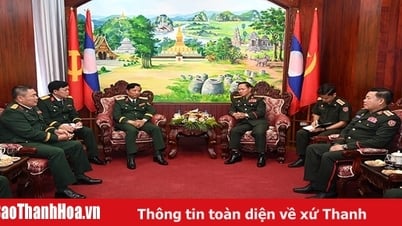

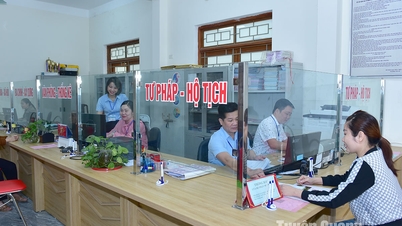
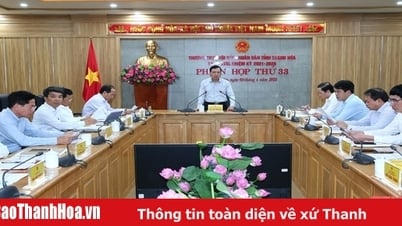

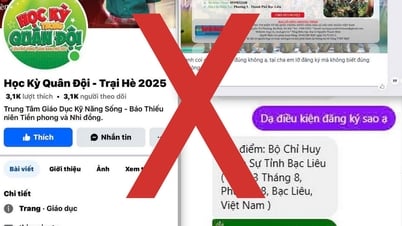

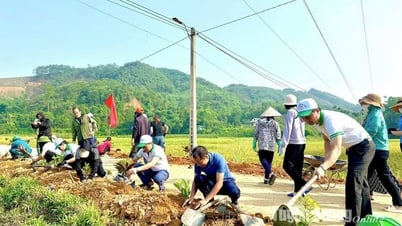
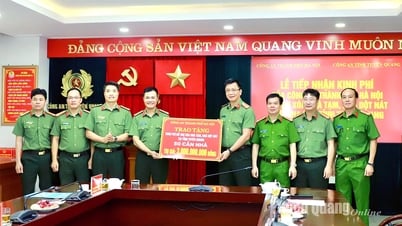
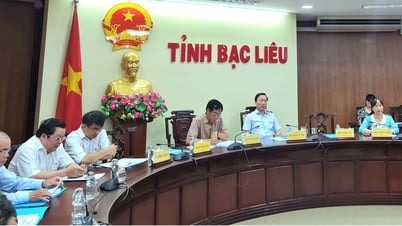
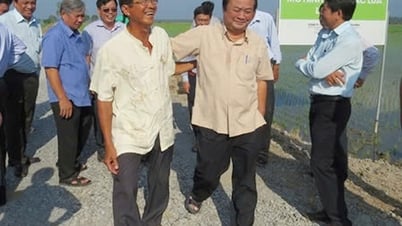




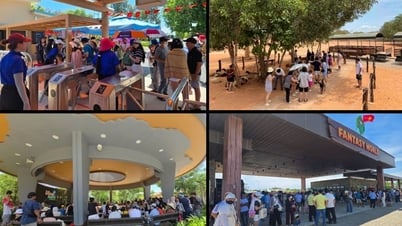

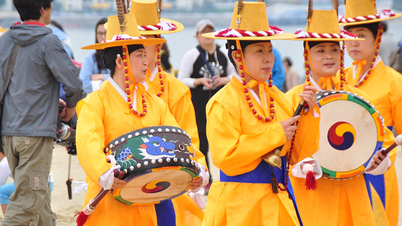






















































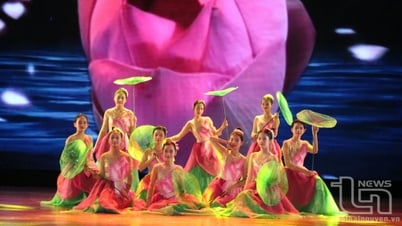

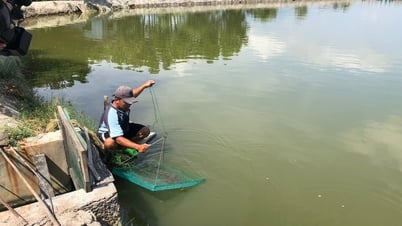

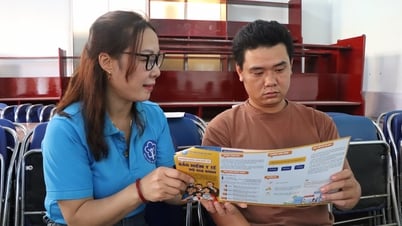
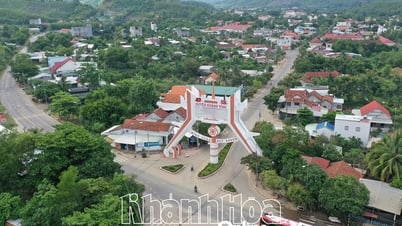










Comment (0)